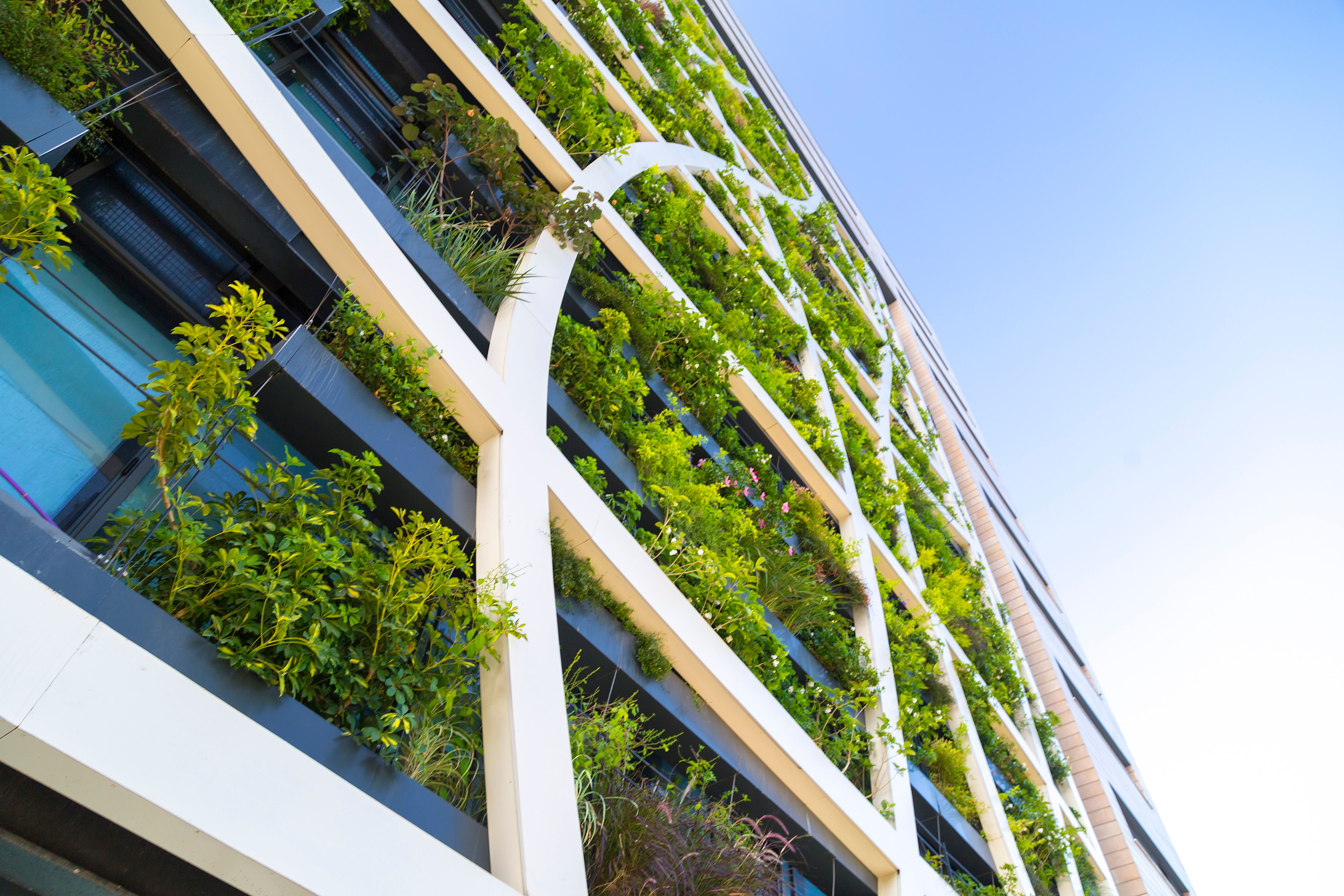Eco-Friendly Landscaping Strategies for Orangevale Residences
Introduction to Eco-Friendly Landscaping
Embracing eco-friendly landscaping not only enhances the beauty of your Orangevale residence but also contributes to environmental sustainability. By adopting green practices, homeowners can reduce water usage, minimize chemical inputs, and create habitats for local wildlife. This guide explores various strategies to make your landscaping both beautiful and sustainable.

Water Conservation Techniques
Efficient Irrigation Systems
One of the most effective ways to conserve water is by installing efficient irrigation systems. Drip irrigation and soaker hoses ensure that water is delivered directly to the roots, minimizing evaporation and runoff. These systems can be automated and adjusted according to seasonal needs, providing optimal hydration without waste.
Rainwater Harvesting
Collecting rainwater is another excellent method to reduce water usage. Installing rain barrels or cisterns can capture rainfall from your roof, which can then be used for watering plants during dry periods. This practice not only lowers your water bill but also reduces demand on local water supplies.

Native and Drought-Resistant Plantings
Choosing native and drought-resistant plants is a cornerstone of eco-friendly landscaping. These plants are adapted to the local climate and soil conditions, requiring less water and maintenance compared to non-native species. Popular choices in Orangevale include California poppies, lavender, and manzanita, which thrive in the region's Mediterranean climate.
Benefits of Native Plants
Native plants offer multiple benefits beyond water conservation. They provide essential habitat and food sources for local wildlife, such as birds and butterflies. Additionally, these plants typically require fewer pesticides and fertilizers, further minimizing their environmental impact.

Soil Health and Mulching
Maintaining healthy soil is crucial for sustainable landscaping. Healthy soil supports plant growth, improves water retention, and reduces erosion. Incorporating organic matter such as compost can enhance soil fertility and structure, promoting robust plant health without chemical fertilizers.
The Role of Mulching
Mulching is another effective strategy for conserving resources in your landscape. A layer of organic mulch helps retain soil moisture, suppresses weeds, and adds nutrients as it decomposes. Mulch can be made from various materials like shredded bark, wood chips, or even fallen leaves collected from your yard.

Creating Wildlife Habitats
Eco-friendly landscaping also involves creating spaces that support local wildlife. By incorporating features such as birdhouses, native plants, and water sources like birdbaths or small ponds, you can transform your garden into a thriving ecosystem. This approach not only benefits wildlife but also enriches the biodiversity of your garden.
By implementing these eco-friendly landscaping strategies, Orangevale residents can enjoy beautiful gardens that are both sustainable and in harmony with nature. Whether through water conservation techniques or wildlife-friendly designs, every step counts towards a greener future.